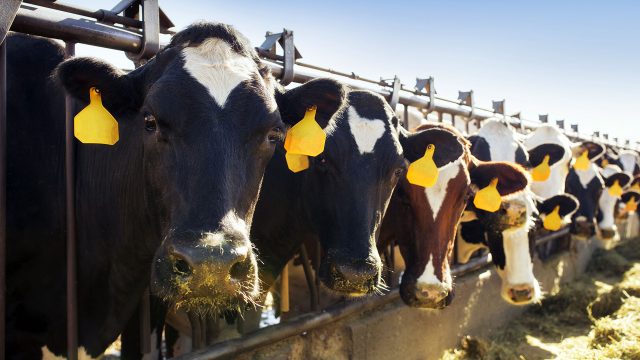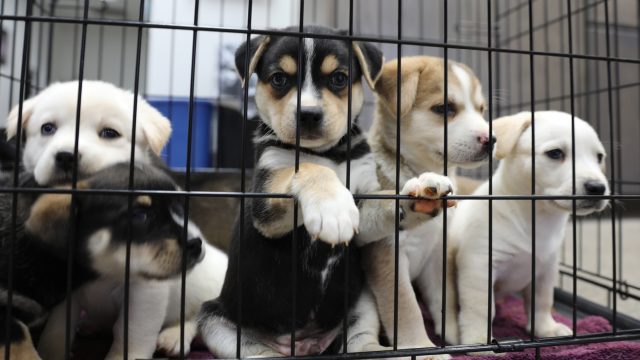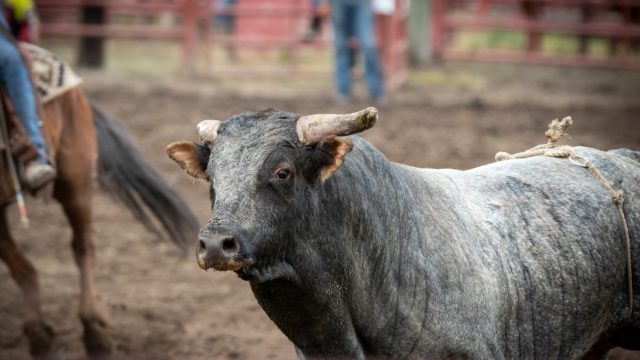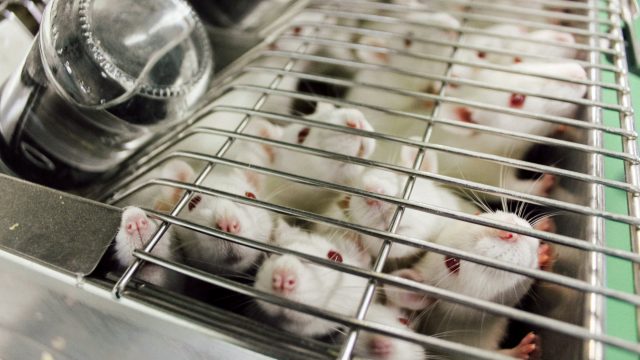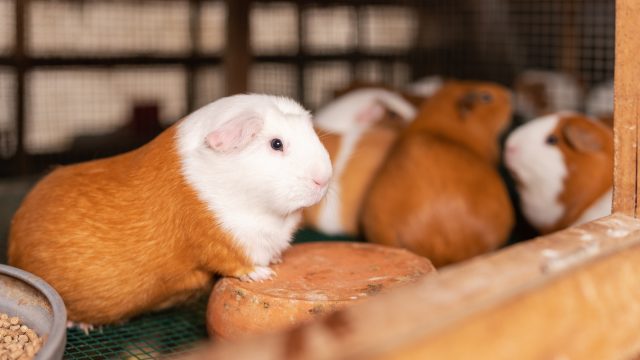Showing 81-90 of 195
-
An Act Relating to the Sale of Dogs and Cats by Pet Stores (Texas)
A proposed bill in Texas would prohibit pet stores across the state from selling dogs and cats. Instead, stores would be encouraged to partner with animal shelters and rescue organizations to offer animals for adoption. -
An Act Prohibiting the Removal of Claws from Cats (New Hampshire)
New Hampshire lawmakers are considering a ban on declawing, a surgical procedure in which all or part of the last bone in a cat’s toes is amputated. Declawing can have lifelong medical implications and adversely affect behavior. -
Pet Animal Ownership In Housing (Colorado)
The Colorado Pet Animal Ownership in Housing bill, H.B. 1068, contains several provisions to increase protections for both companion animals and their families. -
Prohibiting harmful practices and devices at rodeos (Los Angeles, CA)
Proposed Los Angeles ordinance would prohibit the use of harmful practices, techniques, and devices at rodeos or rodeo-related events -
Humane Protection of Animals Act (Massachusetts)
The Humane Protection of Animals Act (S.1142/H.1718) contains a collection of provisions that strengthen and clarify Massachusetts’ animal cruelty laws. -
Promote Alternatives to Cosmetics and Product Testing on Animals (Massachusetts)
Bill would require manufacturers and their contract testing facilities to use methods that replace animal testing of products and ingredients for cosmetics, household cleaners, and industrial chemicals. -
Animal Possession Ban (Massachusetts)
Bars people convicted of animal cruelty from possessing, adopting, or fostering animals for at least five years after their release from custody -
Protecting Animals Used in Circuses (Massachusetts)
Prohibits the use of certain wild animals in circuses and traveling shows in Massachusetts. -
Ordinance to Prohibit the Sale of Guinea Pigs in Pet Shops (Boston, Massachusetts)
Would expand the city’s existing ban on the pet store sale of commercially bred dogs, cats, and rabbits to additionally include guinea pigs

